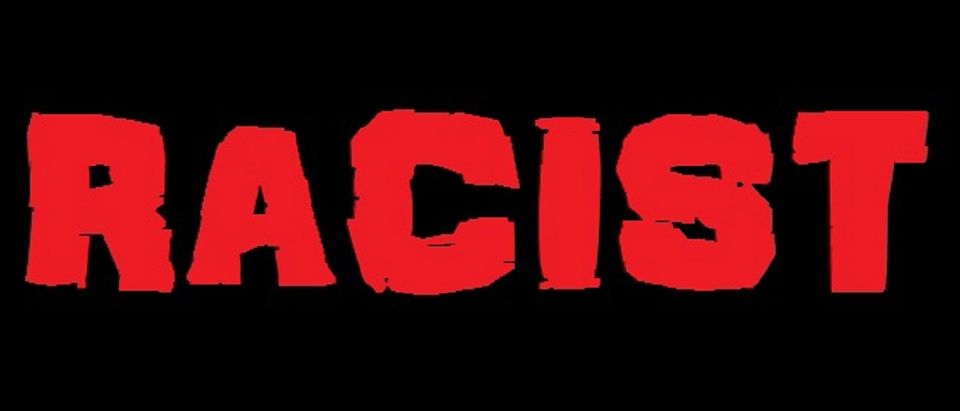After the shock of Charlottesville and after years of concerns about racial polarization, it’s deeply troubling that the New York Times helped promote black separatism as a justifiable reaction.
The headline of Cardozo School of Law professor Ekow N. Yankah’s recent commentary asked, “Can My Children Be Friends With White Children?” Sadly, his conclusion was no.
“As against our gauzy national hopes,” Yankah wrote, “I will teach my boys to have profound doubts that friendship with white people is possible.”
Citing his disgust for President Donald Trump’s supporters more than the president himself, Yankah added: “For many weary minorities, the ridiculous thing was thinking friendship was possible in the first place… My heart is unbearably heavy when I assure you we cannot be friends.”
Our nation is better than this man thinks.
It’s foolish to think racism no longer exists. It does. But it is not who we are as a people. We have come so far, and those who deny our progress prolong the lingering remnants of racial animosity.
We are all human. Our national motto — e pluribus unum — is “out of many, one.” Hillary Clinton campaigned on a slogan of “stronger together,” and now her followers must walk that walk.
Donald Trump received the votes of people of all races. President Trump’s policies are supported by that same broad array of humanity. For Yankah to claim his boys will be raised to distrust white people is essentially rooting for our American experiment to fail.
Playing the race card, as Yankah did in The New York Times (consciously or not), is a very dangerous practice. It fosters strife, hatred, and division.
When he accuses all white citizens of racism, Yankah violates the warning of Jesus Christ not tooffend children by wanting to teach his own children and others to enter a path of hatred. When he spoke of “the little boys I love” and that “I first have to keep my boys safe…,” why does he not seem willing to warn them about the hypocritical psychosis of Black Lives Matter activists?
It seems Yankah won’t acknowledge that, in many areas under the political dominance of the Trump resistance, his beloved sons are more at risk from fellow black youth than from police officers or white nationalists who fill leftist rhetoric.
Yankah’s use of the term “people of color” is also racist because it justifies non-whites by their skin color and not their merit. Conversely, whites become evil because they are white. Yet it’s the allegedly untrustworthy white people who published his words and place him on the front lines attacking President Trump. It’s this acrimony that prevents the president from assisting black citizens as he promised and getting any credit for doing so.
Mistakenly, Yankah suggests: “The Reverend Dr. Martin Luther King Jr.’s famous dream of black and white children holding hands was a dream precisely because he realized that in Alabama, conditions of dominance made real friendship between white and black people impossible.”
But Dr. King’s dream is possible if we do as he asked and look beyond skin color. It is possible if we learn to forgive and move on for the good of our nation. It is possible if we support each other in the spirit Dr. King personified and not disassociate ourselves as Yankah would have his family do.
Yankah’s sons are empowered by the 14th Amendment. Despite his credentials as a law professor, his rhetoric ignores authority granted to black citizens by white lawmakers, in the wake of the nation’s civil war, who fought to abolish chattel slavery. He also ignores the 2005 U.S. Senate apology for lynchings and the 2008 congressional resolution apologizing for slavery and Jim Crowism. Lest we forget, it was the the Republican Party which led the fight to free American black peoples out of chattel slavery.
With his divisive and depressing diatribe, Yankah does nothing to advance racial healing. Due to his distrust of whites, he ignores their good faith, bold actions and necessary role in forging a truly equal America. I pray his sons will be more trusting.
Ted Hayes, a member of the Project 21 black leadership network, is a well-known community activist in Los Angeles.


